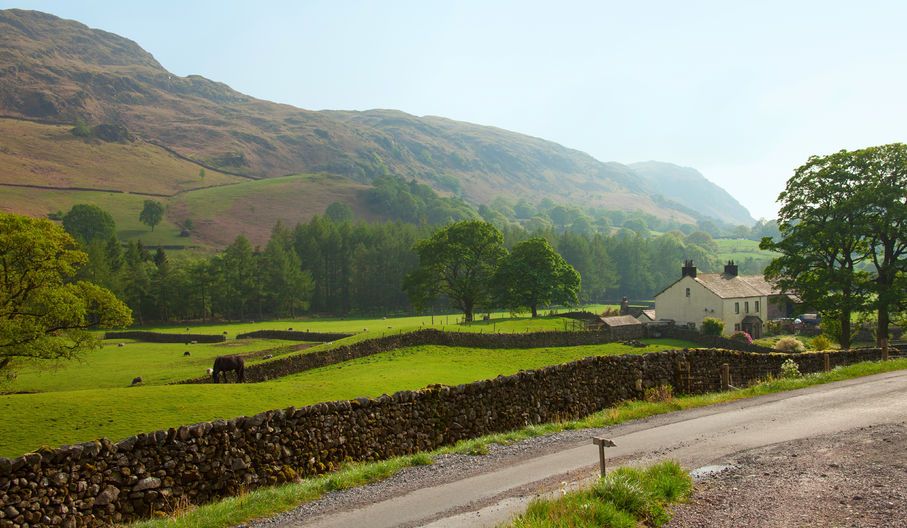
With the countryside’s vote up for grabs in the general election, a new poll has revealed that planning reform would influence how farmers and rural firms vote.
The planning system is squandering thousands of pounds for rural businesses and will sway how the countryside votes, according to a new survey.
The poll of 350 rural business owners reveals that 70% agree that each party’s policy on planning reform will influence the way they vote, with only 8% disagreeing.
In the Country Land and Business Association (CLA) poll, nearly three quarters (73%) say they had been forced to abandon plans to invest because of planning problems.
Of those, nearly half had wasted at least £10,000 on projects before giving up, with many (19%) reporting losses of more than £50,000.
Most (85%) of respondents agreed that the system has hampered the growth of their own business, with just 4% saying the opposite.
Nearly all (94%) say there was a lack of knowledge on rural issues and agricultural matters within the system, and 92% feel improved knowledge would be beneficial to projects.
And two thirds of those who took part in the survey also believe the Green Belt restricts farm diversification projects, with 13% saying it did not.
The results follow CLA polling earlier this year revealing Labour will beat the Conservatives in the 100 most rural constituencies in England, with the Tories at risk of losing more than half their seats amidst a -25% collapse in support.
CLA president Victoria Vyvyan said that with the countryside’s vote on a knife edge, planning reform was key to winning rural seats.
"So many enterprises in rural areas could grow, create jobs, help provide housing, but are being stifled by an archaic planning regime that seems almost designed to restrict our ambition," she said.
“Farmers and landowners are dynamic and innovative and want to help grow the rural economy, but time and again their efforts have been hampered and frustrated.
“Nobody wants to concrete over the countryside, least of all us, but instead of treating rural communities as museums, political parties need to support small-scale developments."
Peter Hogg, a farmer and a rural business owner in Morpeth, who took part in the survey, said the planning system was 'crippling' his business.
He had a farmhouse he wanted to convert into a B&B to help diversify the farm's income, but the application took over a year due to a dispute over adding a small sunroom.
“The delay meant we lost a full season and over £30,000 in revenue," Mr Hogg explained, "When permission was finally granted, it took just two weeks and £800 to build the sunroom – four times less than what we paid in planning costs.
“If businesses like mine are to succeed, government must cut the red tape that’s stunting our growth and livelihoods.
"Beyond the financial impact, the mental toll is profound. Many perceived problems could be sorted in 20 minutes over a cup of tea.”
